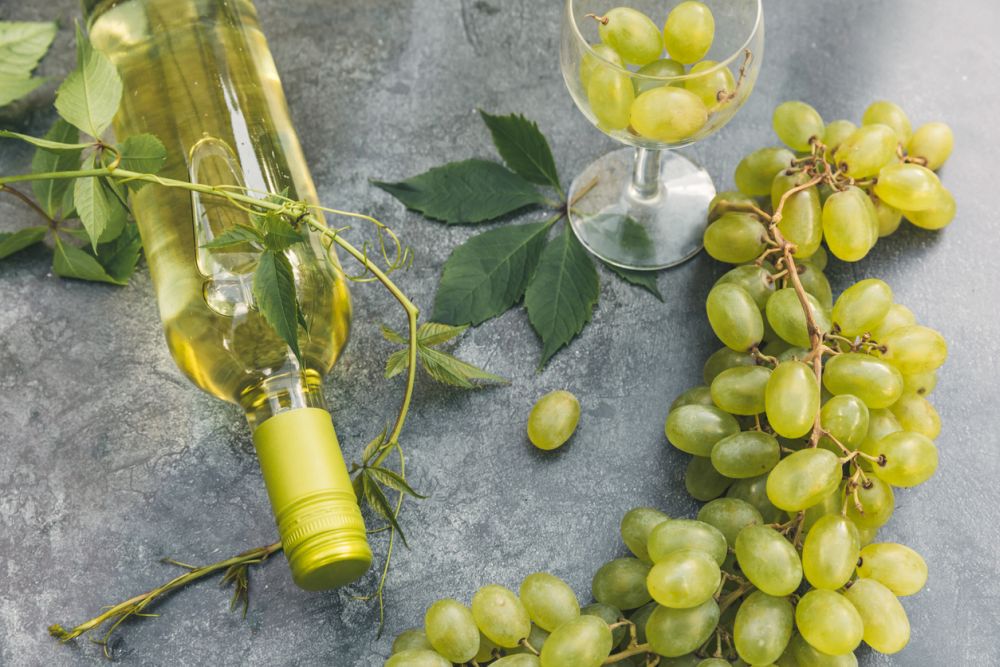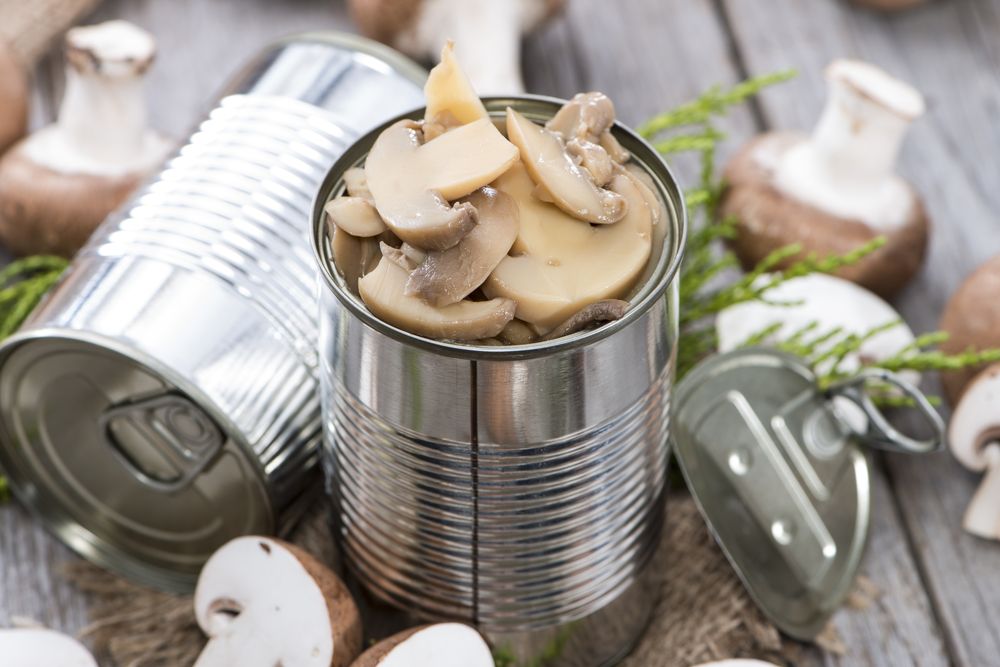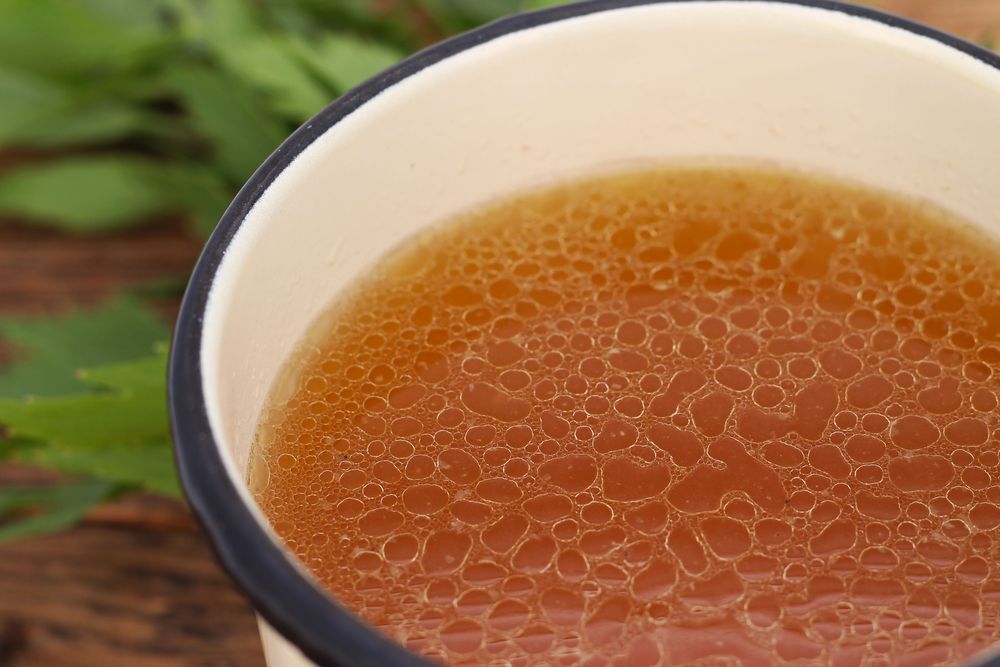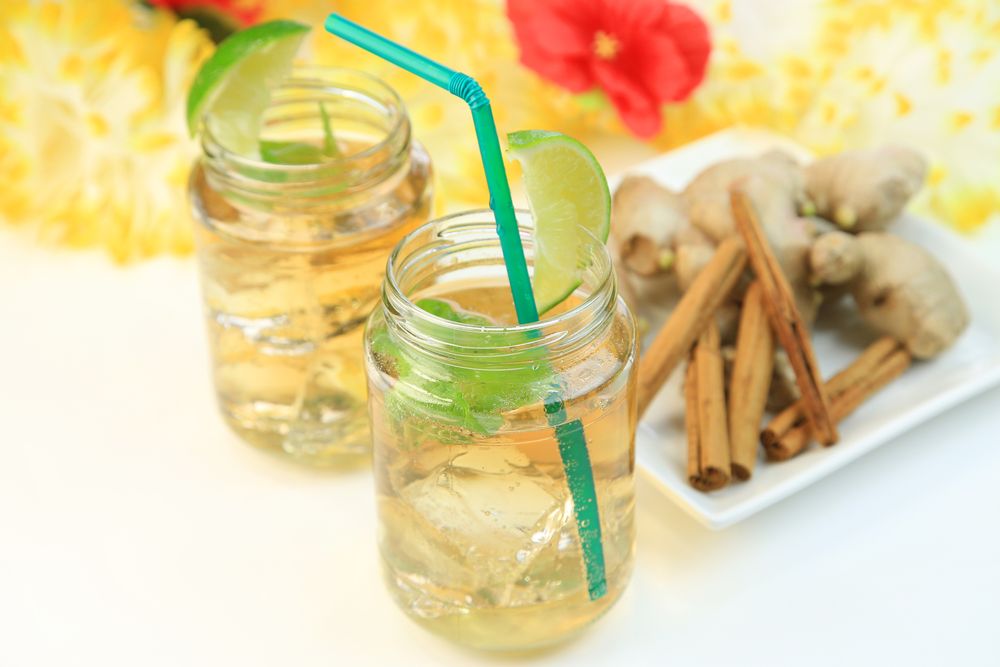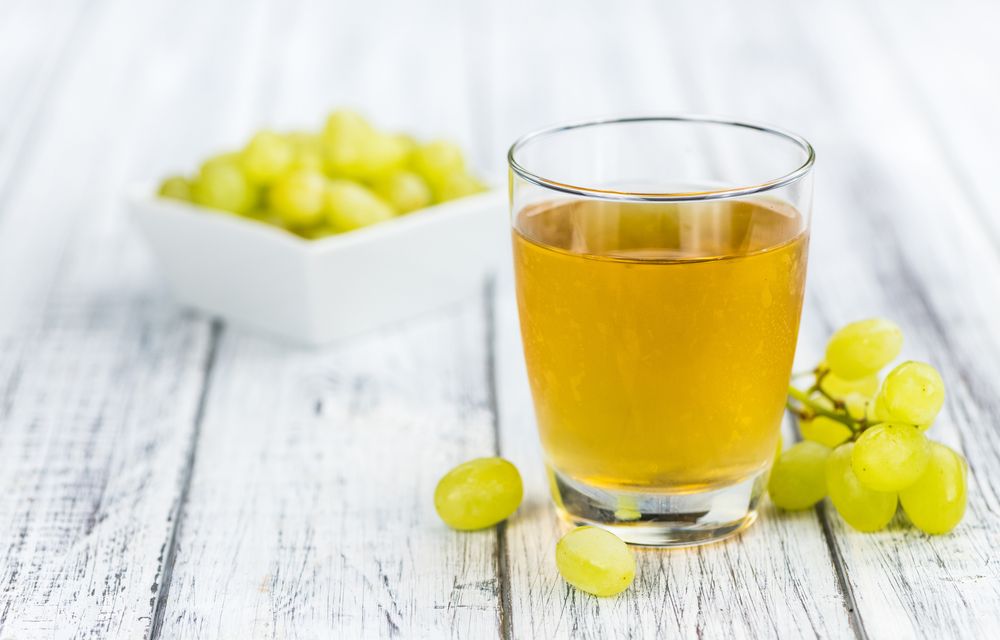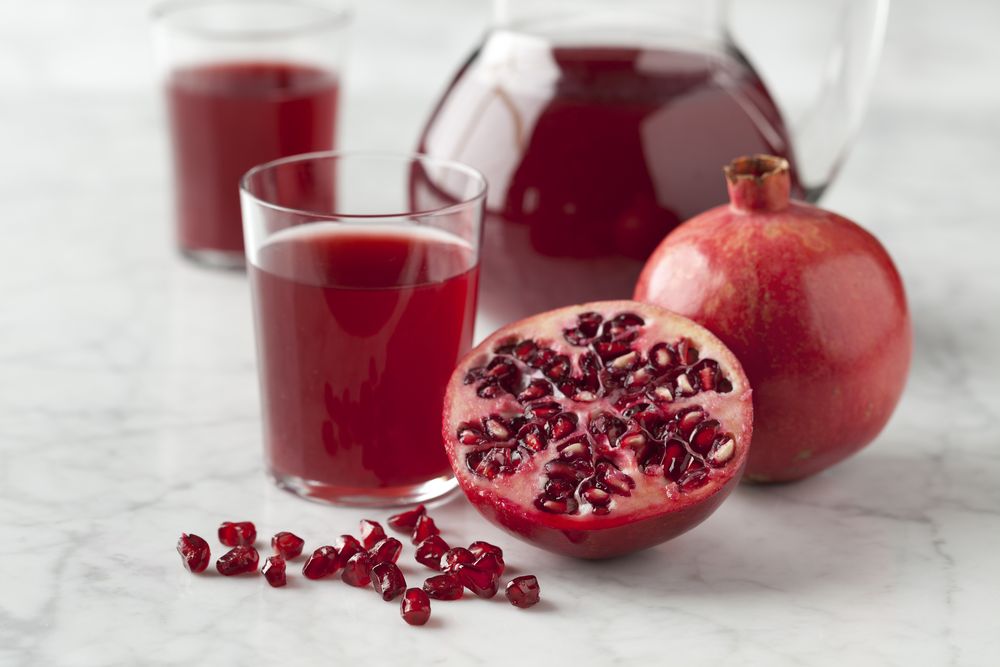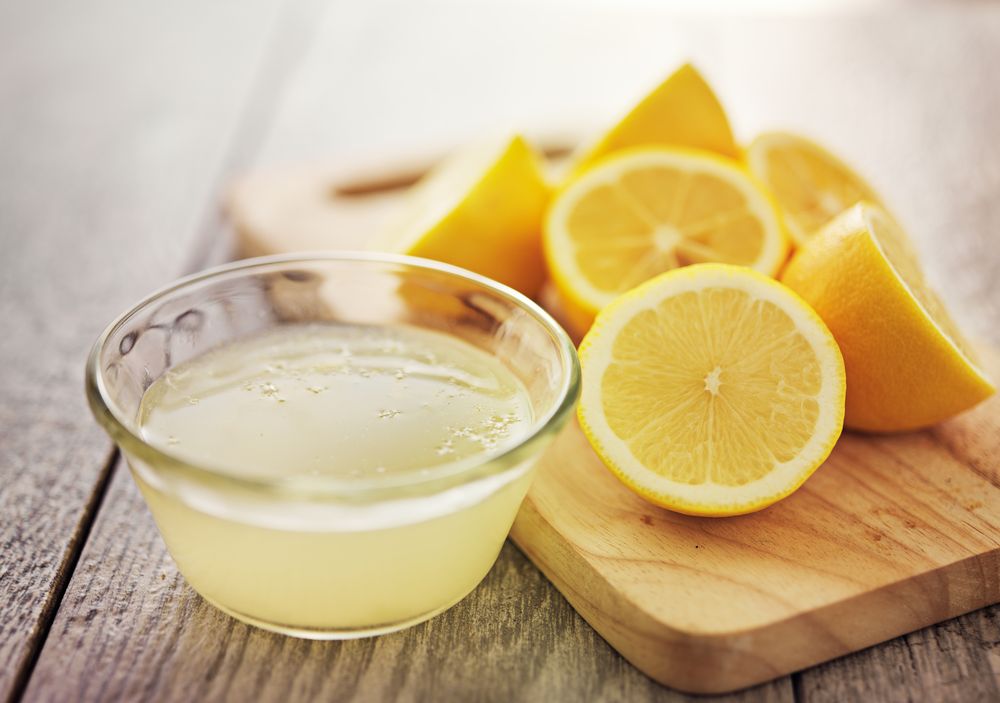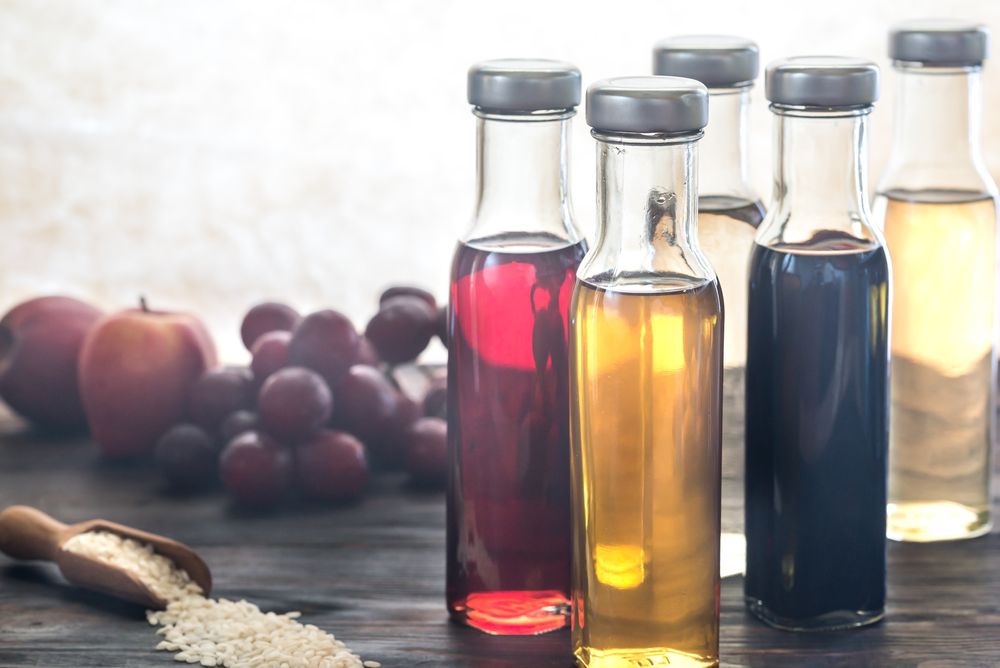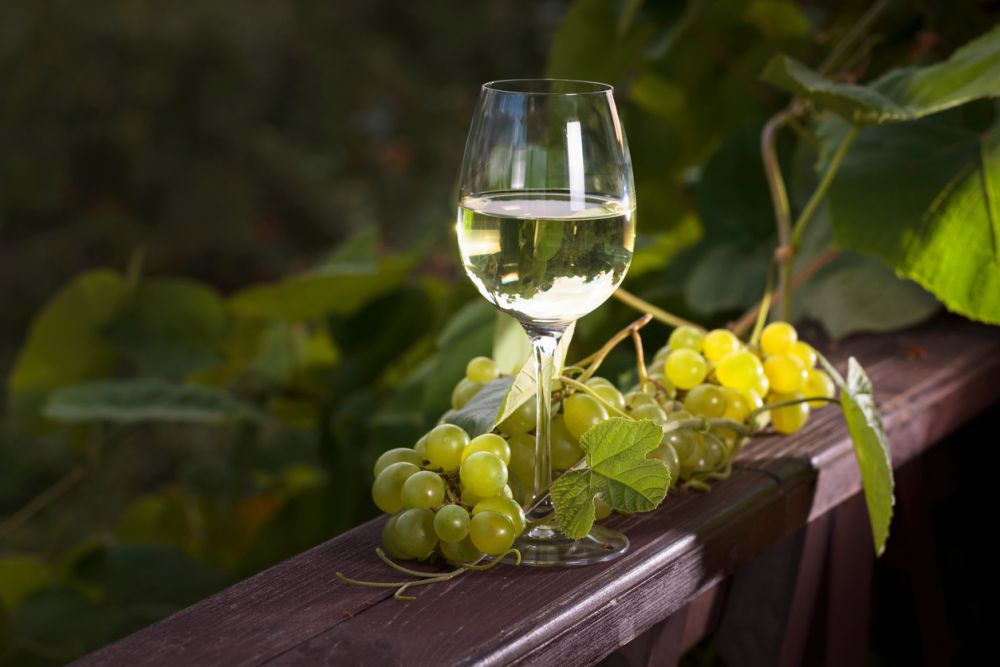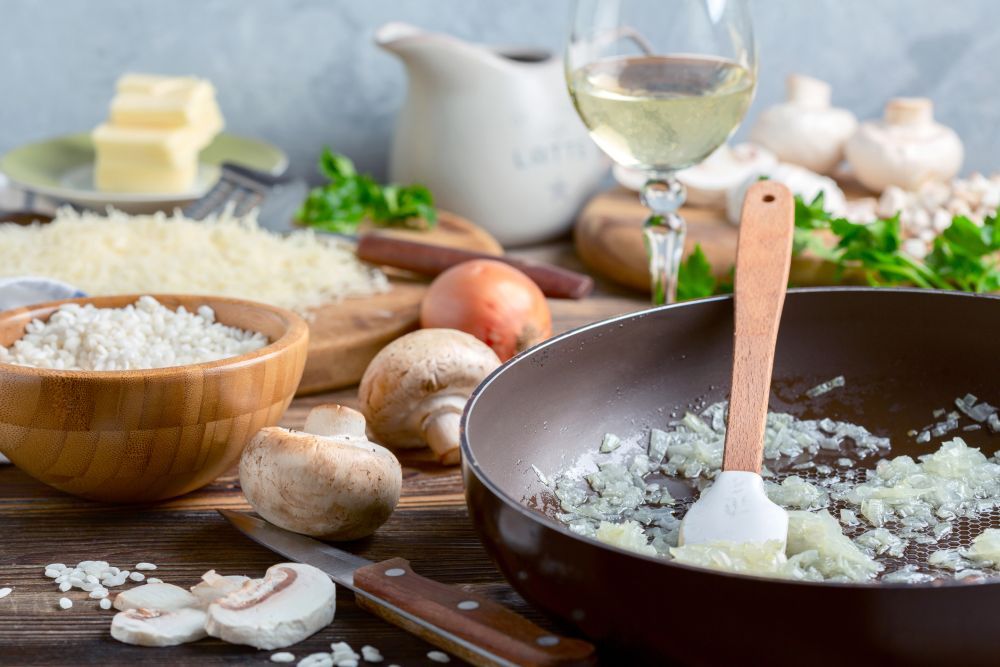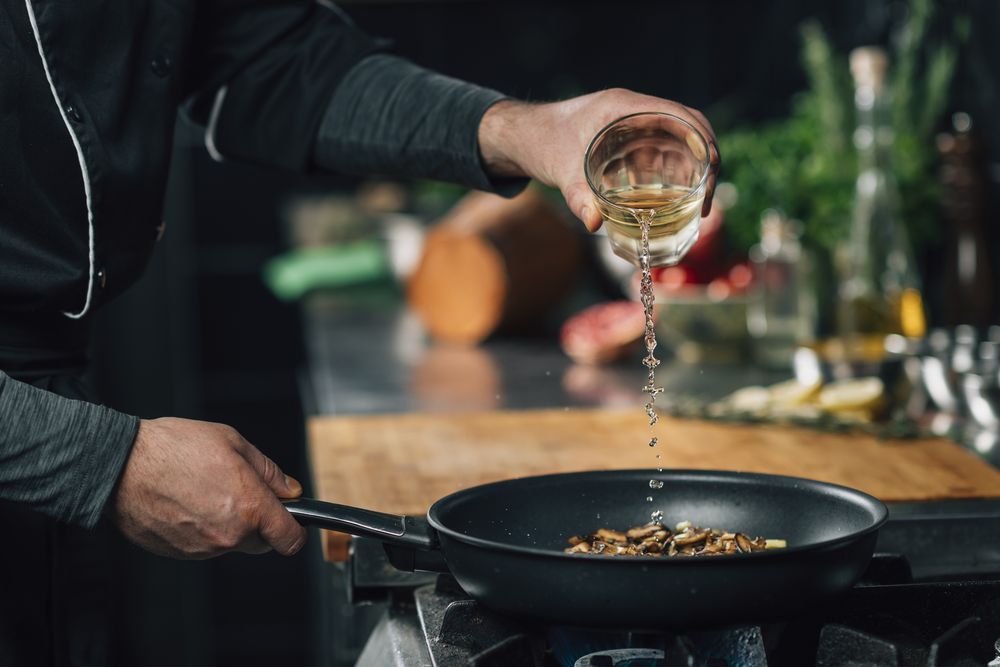9 Best White Wine Substitute Ideas for Cooking
White wine is a good choice for cooking because it has a milder flavor than red wine. If you run out of it, don’t fret! Keep reading to discover the best white wine substitute ideas!
This article describes the 9 best white wine substitute ideas for cooking, whether you prefer acidic or non-acidic replacements.
All these replacements are non-alcoholic, however. So you can use these white wine alternatives to cook meals for kids, designated drivers, pregnant or breastfeeding women, and anyone who doesn’t drink alcohol.
Table of Contents
Before diving into these substitutes for white wine, let’s find out more about using white wine in cooking in the following section, to understand the characteristics you must replicate.
Using White Wine for Cooking
The following describes some aspects you must know about using white wine in cooking:
- White wine is a flavor-boosting secret that adds acidity to break down the meat structure and deglaze a pan after cooking meat, garlic, mushrooms, or vegetables.
- As the wine cooks and alcohol evaporates, its flavor gets more concentrated, making the dish sweet and savory.
- White wine brings out the flavors of other ingredients, such as heavy cream, strong-tasting cheese, and butter. So you can use white wine to up the flavor when making any meat dish, risotto, steamed mussels, and even veggies.
- Many Italian and French recipes call for white wine.
- The official rule of wine-cooking is to only cook with wine you can drink.
- Avoid white wine labeled as cooking wine because it’s loaded with preservatives, salt, and sweeteners, making your dish too sweet or too salty.
- You don’t need a premium bottle of white wine since any $10 bottle will do.
In the next section, let’s find out why dry white wine is preferable to other kinds of white wine.
Dry White Wine for Cooking
The following describes why it’s better to use dry white wine in cooking than other white wine types:
- Unless told otherwise, chefs always go for dry white wine like pinot grigio and sauvignon blanc.
- White wines are tangy, crisp, and tart, adding the perfect balance of flavor and acidity to your dish.
- It’s best to stay away from sweet wines, such as Moscato, because they caramelize too fast when cooked.
- Fuller-bodied white wines with oaky flavor don’t work well because they have lower acidity and leave that oaky taste behind, making your food taste bitter.
Taking into account these white wine characteristics, it’s best to choose a white wine substitute that brings the same tangy, crip, and tart features.
Now that you know how white wine affects cooking and why dry white wine is the best, it’s time to check out the top acidic white wine substitute ideas in the following section.
6 Acidic White Wine Substitute Ideas for Cooking
When it comes to acidic white wine substitutes for cooking, we suggest using red and white wine vinegar, lemon juice, pomegranate juice, white grape juice, ginger ale, and apple cider vinegar.
Let’s start with red and white wine vinegar.
1. Red or White Wine Vinegar
Red or white wine vinegar is the best white wine substitute for cooking since there’s no better option than another acidic ingredient.Here’s what you need to know about it:
- Vinegar is a fermented, acidic liquid easily found in the kitchen. And it contains acetic acid and water, just like wine.
- Both red and white vinegar add a kick of flavor to dishes and will not substantially affect the taste.
- Generally, white wine vinegar works best for liquid-based recipes such as marinades and salad dressing. Red wine vinegar is suitable for dishes like beef, pork, and veggies, while white wine vinegar works well for chicken and fish.
When replacing white wine with red or white wine vinegar, apply the 2:1 ratio since vinegar is more acidic. So for every tablespoon of white wine, use 1/2 tablespoon of red or white wine vinegar. Alternatively, you can dilute the vinegar with water and switch to the 1:1 ratio.
In the next section, check out lemon juice.
2. Lemon Juice
Lemon juice is a fantastic white wine substitute for cooking. Here’s what you need to know about it:
- Like vinegar and dry white wine, lemon juice has a sour flavor that enhances dishes with a tangy taste.
- Lemon juice is quite acidic, creating the perfect meat tenderizer.
- Since it’s really tart, it can overpower the taste of food, so caution is advised.
When replacing white wine with lemon juice, mix lemon juice with the same amount of water and then use the 1:1 ratio. So for every tablespoon of white wine, use 1/2 tablespoon of lemon juice and 1/2 tablespoon of water.
In the next section, check out pomegranate juice.
3. Pomegranate Juice
Pomegranate juice is an excellent white wine substitute, particularly if you want a bit of red wine, too. Here’s what you need to know about it:
- Juice made from pomegranate has a rich, fruity flavor and tastes a lot like red wine. It’s also quite acidic and can add a punch of flavor to any dish.
- You can use the juice to boost the flavor in various dishes, including sauces, glazed veggies, and salad dressing.
- In addition to using it as an alternative to white wine, you can also use pomegranate juice as a red wine substitute.
When replacing white wine with pomegranate juice, use the 1:1 ratio. So for every tablespoon of white wine, use a tablespoon of pomegranate juice. But if you want the acidity of white wine, use 1/2 tablespoon of pomegranate juice and 1/2 tablespoon of vinegar for every tablespoon of white wine.
In the next section, check out white grape juice.
4. White Grape Juice
Grape juice is an ideal white wine substitute. Here’s what you need to know about it:
- Nothing comes closer to the taste and color of white wine than grape juice.
- Both white wine and grape juice are made from grapes. They taste almost the same, except that grape juice is non-alcoholic.
- Grape juice is significantly sweeter than dry wine, so you can add a touch of vinegar to enhance the acidity and tartness.
- Combining grape juice with vinegar creates an excellent marinade for meat and vegetables.
When replacing white wine with grape juice, apply the 1:1 ratio. So for every tablespoon of white wine, use a tablespoon of grape juice. But make sure to adjust the sweetness and acidity by combining the juice with vinegar and water.
If you don’t have grape juice, you can use apple juice instead of white wine, apply the same ratio, and make the same adjustments regarding the dish’s sweetness and acidity.
In the next section, check out ginger ale.
5. Ginger Ale
Ginger ale may seem like an odd option, but it’s a great white wine substitute. Here’s what you need to know about it:
- Ginger ale has the same dry sweet taste as white wine.
- The carbonated soft drink is made of lemon, cane sugar, and ginger.
- Besides improving the flavor of meat and other dishes, the acidity of ginger ale makes it a fantastic meat tenderizer.
- Ginger ale has a slight ginger taste, so you should only use it in dishes that work well with a bit of ginger flavor.
When replacing white wine with ginger ale, stick to the 1:1 ratio. So use a tablespoon of ginger ale for every tablespoon of white wine.
In the next section, check out apple cider vinegar.
6. Apple Cider Vinegar
A staple ingredient in every home, apple cider vinegar is an excellent white wine substitute since it’s just as acidic and sweet. And it has a similar color.
When replacing white wine with apple cider vinegar, use the 1:1 ratio. So for every tablespoon of white wine, use a tablespoon of apple cider vinegar. But if the dish has a delicate balance of flavors, dilute the apple cider vinegar with a bit of water topower down the tangy flavor.
You might also be interested in apple cider detox recipes.
In the next section, check out the top non-acidic white wine alternatives for cooking.
3 Non-Acidic White Wine Substitute Ideas for Cooking
When it comes to non-acidic white wine substitutes for cooking, we suggest using chicken or beef stock, the liquid from canned mushrooms, or flavored water.
Let’s start with chicken or beef stock.
1. Chicken or Beef Stock
Chicken or beef stock is a great white wine substitute for cooking. Here’s what you need to know about it:
- Stock or broth is made by simmering animal bones in water for a long period. You can also add vegetable scraps, spices, and herbs for flavor.
- Depending on how much water you put, beef broth gets darker in color, making it a better substitute for red wine.
- When using chicken or beef stock in place of white wine, you won’t get the same acidity or tartness, but the flavor will definitely improve. However, you can add vinegar to get that extra kick of flavor or tenderize meat in a recipe.
When replacing white wine with chicken or beef stock, stick to the 1:1 ratio. So for every tablespoon of white wine, use a tablespoon of chicken or beef stick. You can make the mixture more acidic by combining it with a bit of vinegar.
You can always freeze chicken stock if you made too much of it, to later use it in your meals.
In the next section, check out the liquid from canned mushrooms.
2. Liquid from Canned Mushrooms
The liquid from canned mushrooms is an unusual but excellent white wine substitute. Here’s what you need to know about it:
- Since the liquid absorbs the mushroom flavor, it tastes savory.
- You can sweeten the liquid with a cup of cranberry or apple juice if the recipe calls for sweet wine.
- Canned mushrooms are high in sodium. If you’d like to control the sodium content in your dish, go for low-sodium canned mushrooms or dilute the liquid with more water.
When replacing white wine with the liquid from canned mushrooms, apply the 1:1 ratio. So use one tablespoon of liquid for every tablespoon of white wine. Or, if you want to lower the dish’s sodium level, use 1/2 tablespoon of liquid and 1/2 tablespoon of water for every tablespoon of white wine.
In the next section, check out flavored water.
3. Flavored Water
Flavored water is a decent white wine substitute. Here’s what you need to know about it:
- Water may not enhance the flavor and acidity of a dish like white wine or any of the substitutes we discussed in the previous sections, but it will get the job done.
- Water deglazes the pan to get all those flavors stuck on the surface and make a nice sauce.
- You can enhance the power and flavor of water by adding fresh herbs, such as bay leaves, parsley, rosemary a few hours before cooking. This way, the water can absorb all the flavor. You can also add a tablespoon of vinegar and sugar to the water to increase flavor.
When replacing white wine with flavored water, use the 1:1 ratio. So use a tablespoon of flavored water for every tablespoon of white wine.
In the next section, learn more information about white wine substitutes.
FAQ
This section gives you simple answers to common questions about alternatives to white wine in cooking.
Is white wine vinegar the same as white vinegar?
No, white wine vinegar and white vinegar are not the same. White vinegar is made from distilled alcohol, while white wine vinegar is made from fermented white wine. Both have different acidity levels and taste.
How long does white wine last after opening?
White wine will last for 3-5 days after opening. Be sure to store it in a cool, dark place and in an airtight container.
Is white wine good for you?
Yes, white wine is good for you. It contains antioxidants that can help protect your heart and brain health. moderate consumption of white wine has also been linked with a lower risk of type 2 diabetes.
What is the best white wine for cooking?
The best white wines for cooking are those with a high acidity level. Some good choices include Sauvignon Blanc, Pinot Grigio, and Chardonnay.
The next and final section summarizes the entire article on white wine substitute ideas.
Bottom Line
As you can see, there are many non-alcoholic options you can use as a white wine substitute for cooking. Some, like grape juice and apple cider vinegar, can replace wine equally, while others need to be adjusted and mixed with something else to make an effective replacement.
Important is keeping in mind the desired flavor and use a fitting substitute. White wine needs to be added at the beginning of cooking so it can simmer and reduce, but some of the substitutes here don’t, so you need to know how each of them works in a dish.
What’s your favorite white wine substitute for cooking? Share your tips in the comments below!
